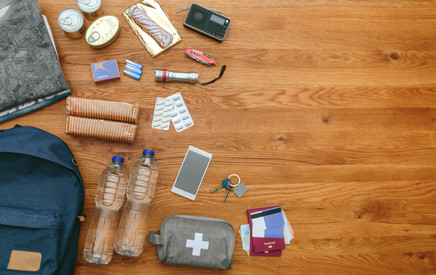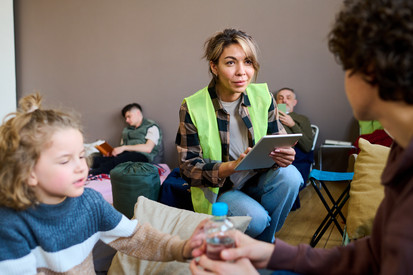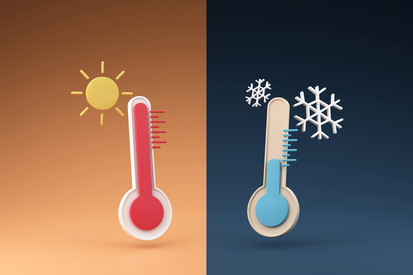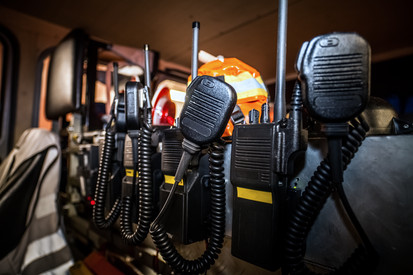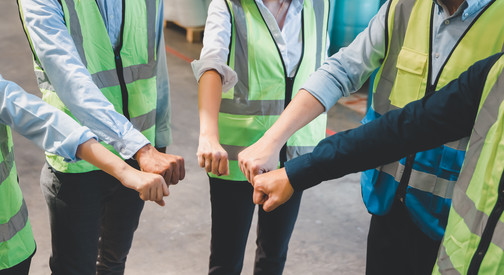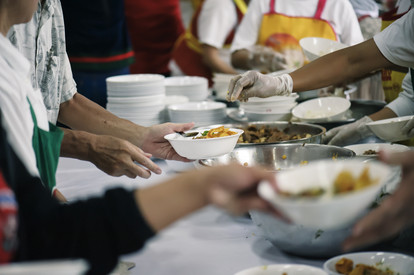
1. Watch out your limits
You're doing your best, but remember, not everything goes perfectly after a disaster. But every contribution counts. Think beforehand about how much you can handle. Take care of yourself and be mindful of your limits, both mentally and physically.

2. Learn relaxation techniques
Post-disaster deployment can be very stressful. Therefore, learn simple relaxation methods. They can help calm you down after stressful situations. Instructions can be found, for example, from the statutory accident insurance (PDF, 20 pages, 1.1 MB).

Seek professional help
Are you very tense or exhausted? Or do you have trouble sleeping? Then you might be overwhelmed. You don't have to do everything alone. Seek help from psychosocial emergency services or a counseling hotline.
- Counseling hotline: 0800 111 0 111 or 0800 111 0 222, Web: Telefonseelsorge (Telephone Counseling)
- HelloBetter hotline: 0800 00095 54, Web: HelloBetter
Dealing with stress and overload
The YouTube video is activated by clicking or touching it. This transmits data to the provider. To the privacy policy.
The YouTube video is activated by clicking or touching it. This transmits data to the provider. To the privacy policy.

4. Provide understanding and safety
Many people need your help. Some have experienced terrible things. They need time to process what happened. They are in an exceptional situation. Especially children and older people often need psychological help. You may not be an expert, but stay calm and show understanding: "I understand you. I'll keep you safe."
5. Don’t take rejection personally
Sometimes people may not want your help, which is normal. They have experienced very distressing things. Don't take it personally. If it affects you, talk to other helpers.
6. Don't get provoked
Some people may even be aggressive, even though you only wanted to help. Then leave them alone. Keep your distance. Don't get provoked. If necessary, inform other helpers, the security service, or the police. And make sure to document such moments in a report.

7. Take time for yourself
Time for recovery is important, or you'll quickly become overwhelmed. Get enough sleep, eat healthily, and do things that relax you—like hobbies, sports, or meeting friends.
8. Talk to others
You're helping people in distress. That's stressful, and it's normal. Therefore, talk to others about it. It helps you process experiences. But don't share confidential information.

